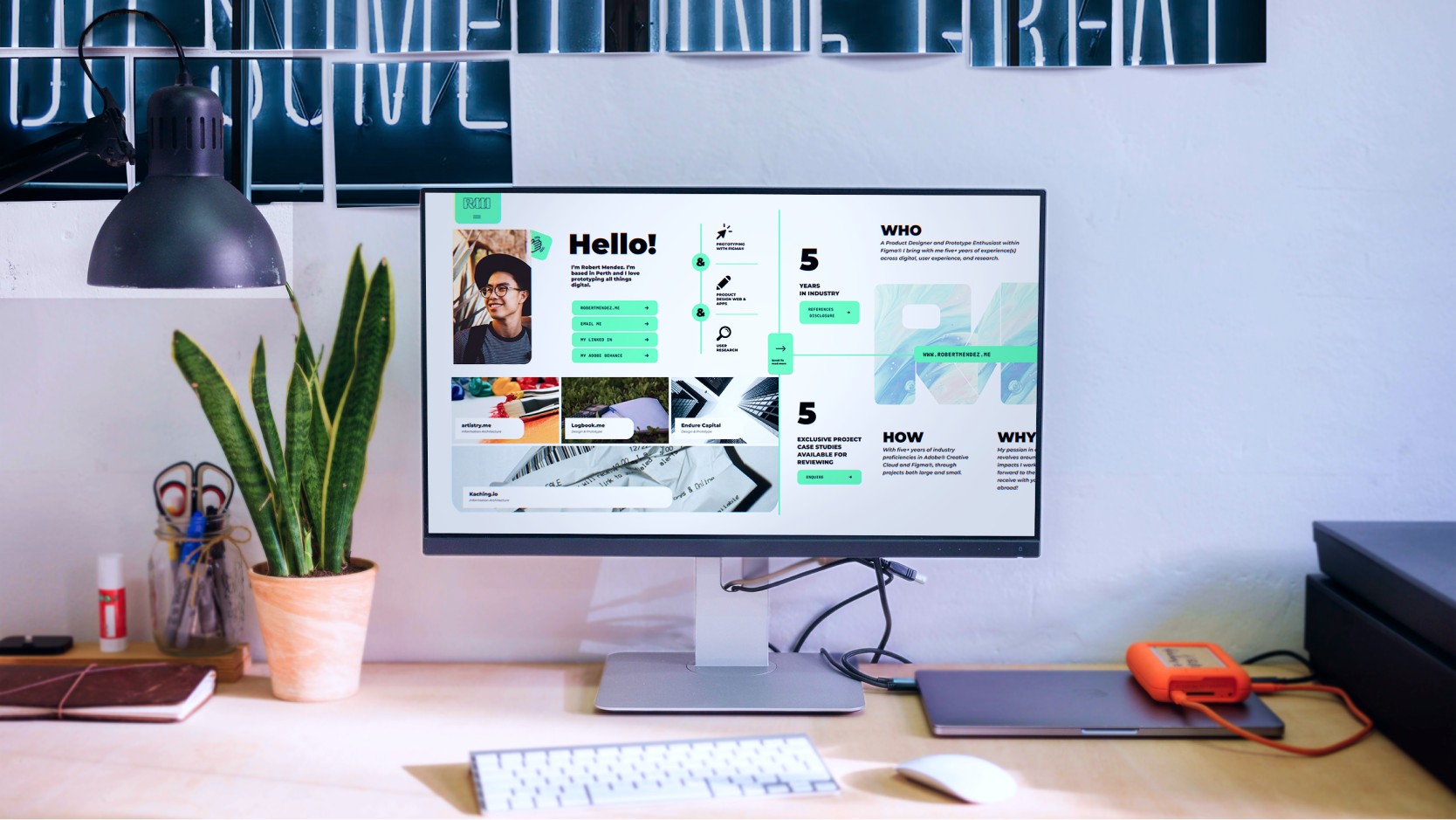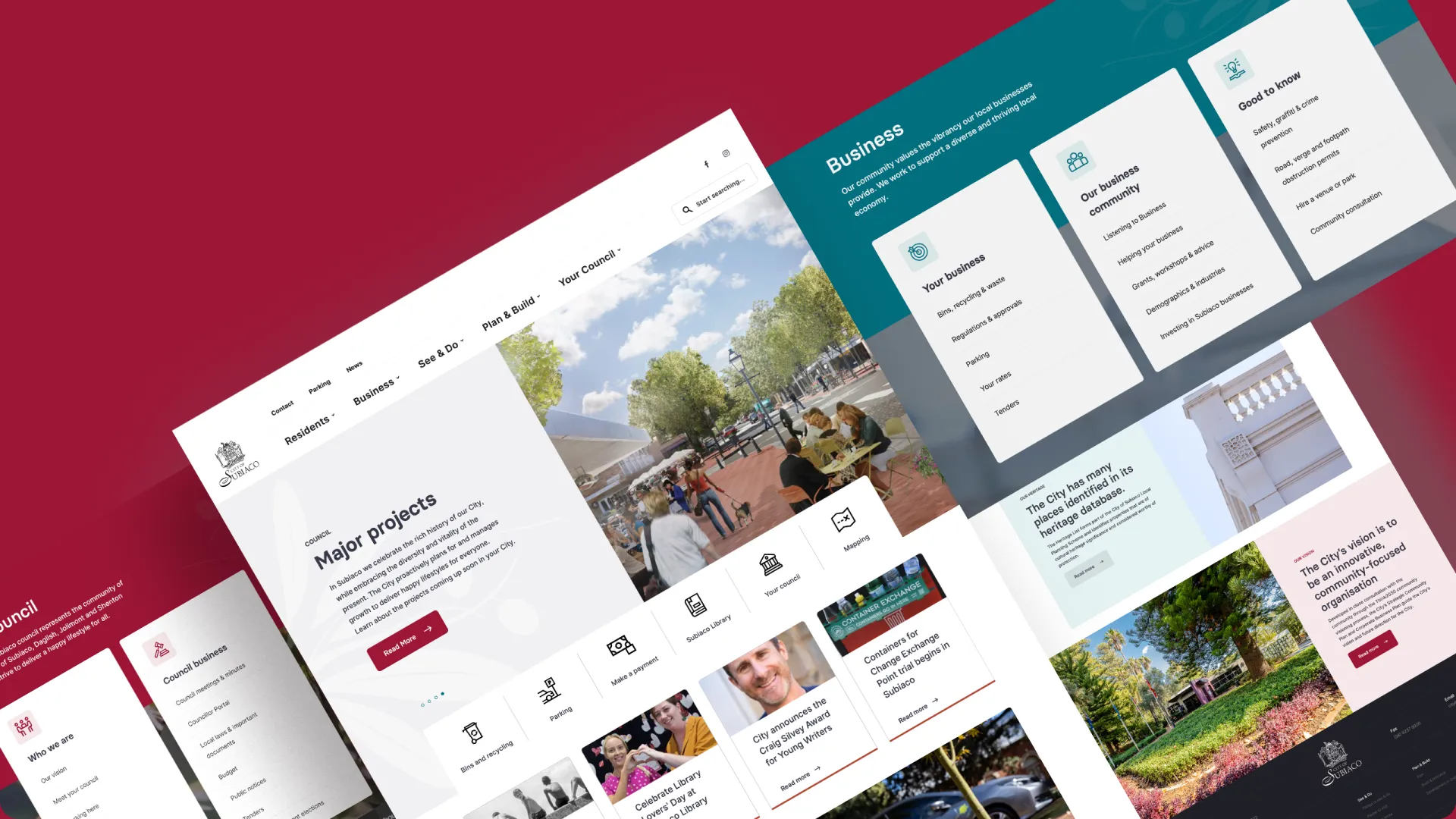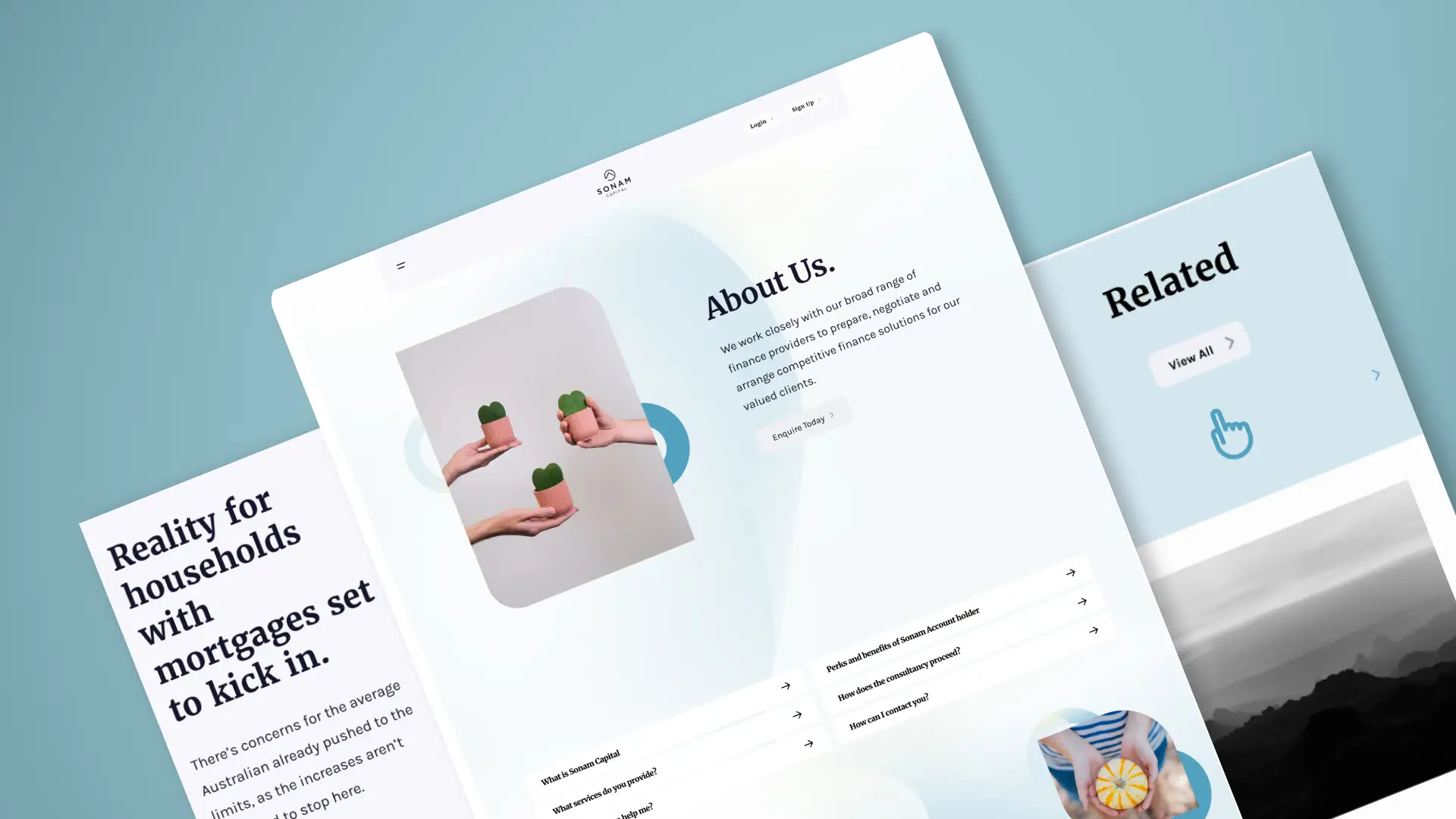
In today's digital world, search engine optimisation (SEO) plays a crucial role in improving website ranking and visibility.
Search Engine Optimisation (SEO) is the process of improving the ranking and visibility of a webpage or website in search results. It is incredibly important because it allows organisations to be easily found.
However, SEO has earned a bad reputation for its often-underhanded tactics, with some in favour of ditching the term 'SEO' altogether due to its negative connotations. In attempting to rank higher, dodgy backlinking and keyword stuffing have often been used.
As traditional SEO focuses on ranking highly, it often ignores creating quality, readable content that is user centric. Holistic SEO, in comparison to traditional SEO tactics, is sustainable, accessible, user centric, and ethical.
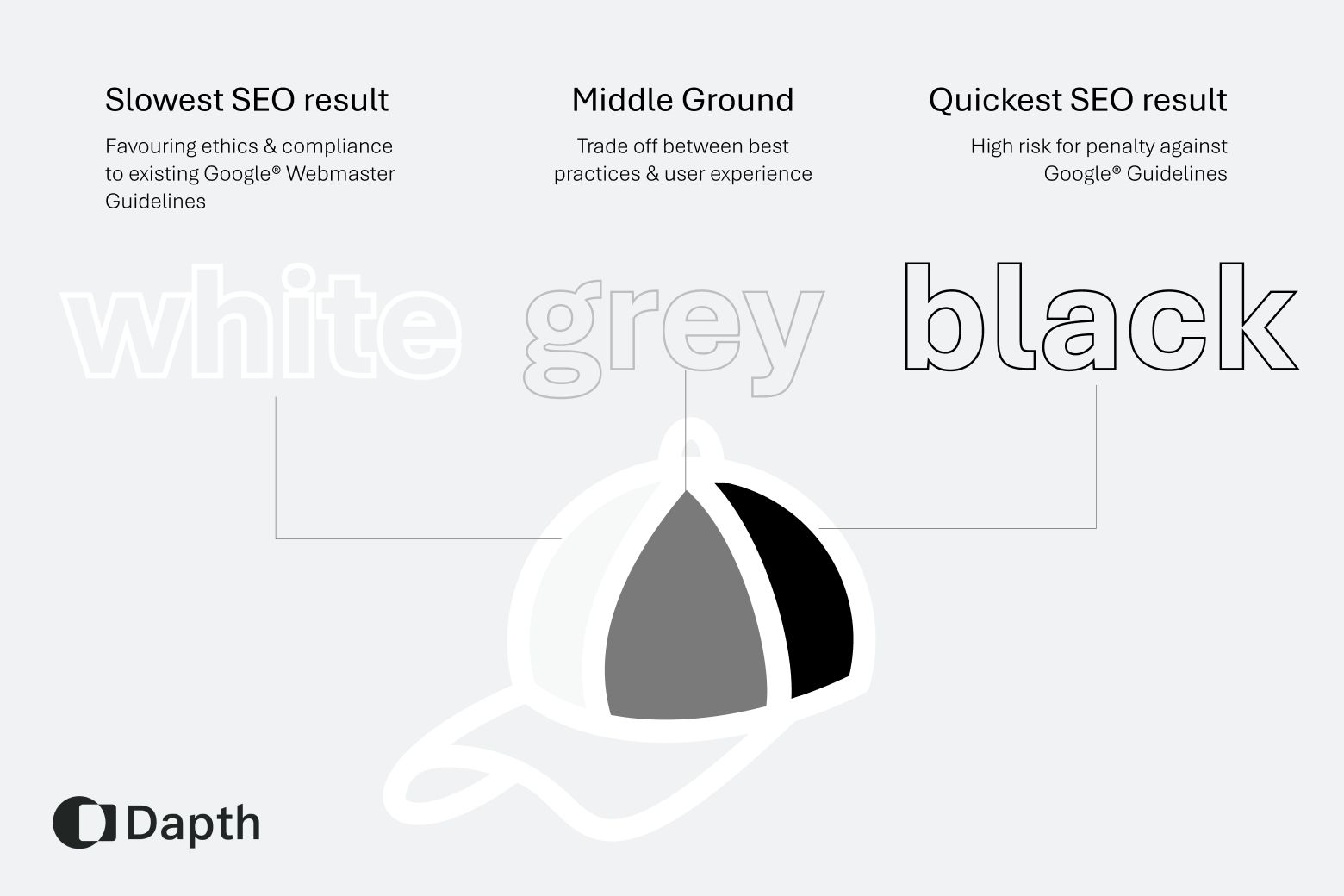
What is Holistic SEO?
Traditional SEO often forgets about the human.
At Dapth, we believe digital is for the human; that it’s important to rethink the traditional approach; and strive for greater impact. You can read more about our approach here.
SEO techniques can be classified into two broad categories: white and black hat. Search engines approve of white hat techniques, whereas black hat are not sustainable or approved.
White hat techniques tend to produce results that are sustainable over the long term whereas black hat techniques eventually lead to sites being banned (which could be on a temporary or permanent basis). In between the two extremes is ‘grey hat SEO’, which is entirely focused on improving search engine rankings and not overall website health, user experience, and quality content.
Search engines use hundreds of factors to rank and evaluate different websites, as they are very complex algorithms, including:
- Relevance
- Quality
- Authority
- Usability
- Security, and
- Performance.
Holistic SEO considers all aspects of the online presence in a strategic and comprehensive way. The focus is on creating high-quality, relevant content that engages and ultimately builds trust. It is different to traditional SEO as it doesn’t narrowly focus on keywords and search engines.
Google says websites should be focused on benefiting users, with all optimisation geared towards improving the user experience (UX). They also mention that the search engine is a user, and that it assists in other users discovering, and presenting, content. Google's approach to SEO is decidedly a user-first one.
Ultimately, this approach is the future - ethical, user centric and sustainable.
The Benefits of a Holistic Approach
Grows Trust and Credibility
Users can usually tell when keywords have been ‘stuffed’ into a blog post, leading to mistrust. In comparison, a holistic SEO strategy leads to better content, growing trust and credibility, and is much preferred by Google.
Sustainability
One of the key benefits of a holistic approach is sustainability (i.e. sustainable results). Traditional keyword and search engine focused SEO is not sustainable in the long-term – because keywords and search results change rapidly. This contrasts with more permanent qualities such as usefulness, quality, and credibility that the holistic SEO strategy embodies.
Holistic SEO also brings the following benefits:
- Increased web traffic
- Increased conversions
- Decrease in bounce rate
A holistic approach is essentially future-proofing your website. If you use traditional, keyword-centric SEO tactics, it won't be sustainable due to changes or updates in the search algorithms.
By focusing on creating high-quality content that is user centric, you can avoid being penalised, or losing rankings due to algorithim updates weeding out low-quality, spammy content.

How to Implement a Holistic SEO Strategy
Website Audit
One of the first steps in setting up a holistic SEO strategy is conducting a website audit. The audit will pinpoint your website's strengths and weaknesses that need to be fixed. Any weaknesses, problems, or bugs identified can act as an obstacle to a seamless user experience (UX).
Keyword Research
Undertaking keyword research is also crucial, as it identifies relevant phrases and keywords, and assists in the creation of targeted, relevant content.
Optimising Existing Content
This is achieved by placing keywords strategically within the website content (including meta titles and descriptions, headings, and body copy), as this helps search engines understand its context, and rank accordingly. It is not keyword stuffing, which is throwing in your keywords excessively, even in irrelevant locations. If you've used a keyword 100 times throughout your 1000-word blog post, you need to examine why.
Quality Backlinks
Backlinks are essential to improving credibility and brand trust, and often includes reaching out to industry peers and asking them to link to your content.
Analysis
It’s also super important to measure and analyse your results on a regular basis to examine what is working.
High-quality Content
The key to producing high-quality content is knowing your audience, and what they are looking for. Focusing on readability is also key.
Using credible sources to back up any claims helps build trust, as users realise the content is evidence-based. It is important to also ensure your content is up to date. This can be achieved by regularly checking in to see if what you’re saying is accurate, by researching.
To ensure you are creating the most relevant and high-quality content possible, see what people are searching on search engines, or generate ideas from other high quality blog posts. Even seeing how others set out their content can be invaluable. Ensure accessible language is used – simple to understand and not overly technical, whilst answering the questions.
Don’t forget that small modifications build to significant changes.
Although the holistic approach is more comprehensive and sustainable, you also need to keep the technical aspects in mind - such as optimising your website’s structure, code, and performance for both search engines and users. You need to ensure the website is easy to crawl, index, and understood by the search engines, secure, and much more.
User experience refers to many aspects of the webpage or website. Ensure that it is optimised across different platforms – for example, someone viewing it on their mobile would see it as the same on their desktop or tablet – they shouldn’t be wildly varying experiences.
Some aspects of a website that really matter include:
- Quality content
- Site performance
- Accessibility
- Security
- Structured data and semantic markup
- Metadata (title, description, tags)
- Authority / reputation
- Social media performance / marketing strategy

Challenges and Pitfalls to Avoid
Holistic SEO can be very time consuming and requires both research and resources to ensure the underpinning strategy is solid and user-first. It is also important that goal setting is also considered. Sometimes thinking holistically can lead to zero concrete goals for your site or page.
Other practitioners, or communications professionals, may also be tempted to revert to keyword-focused tactics. This is generally done out of familiarity or lack of clarity about what a holistic strategy entails.
Ranking in the top results doesn't necessarily mean you are ranking for the 'right' searches that are most relevant to your goals or business. It is important to identify the keywords that are most relevant to your audience and what solutions they are searching for. It is knowing about what data is useful and what specifically to give weight to.
It can also be overwhelming to take a holistic approach as it is both broad and all encompassing.
Are You Ready to Take The Next Step For Your Business?
Ultimately, rethinking the traditional approach to SEO is the future - a holistic approach is the most sustainable. It will improve your overall content quality, credibility, and boost trust of your brand. Although a holistic SEO strategy can be potentially overwhelming to set up, it is worth it.
Contact us today to set up a free consultation.

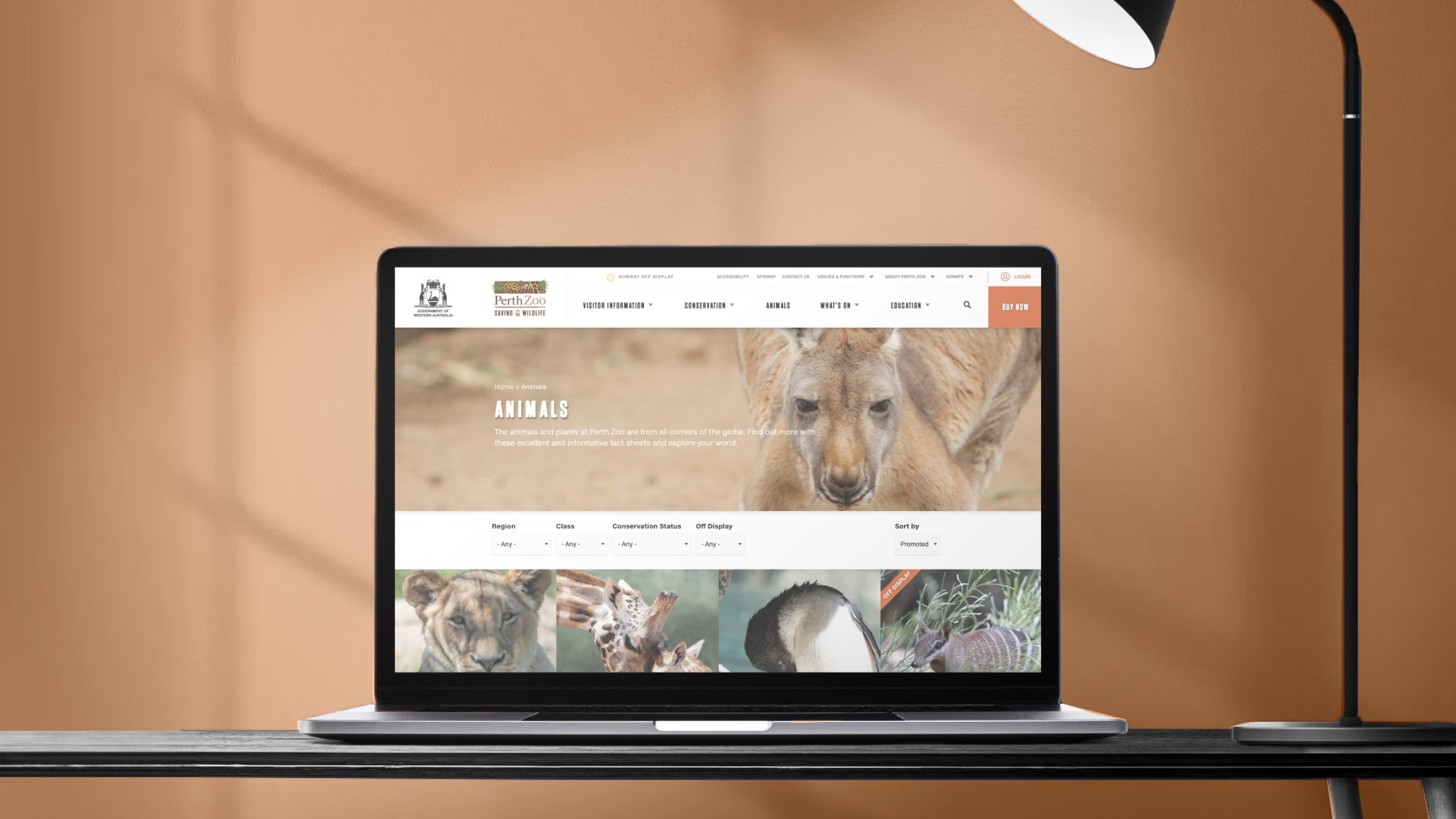
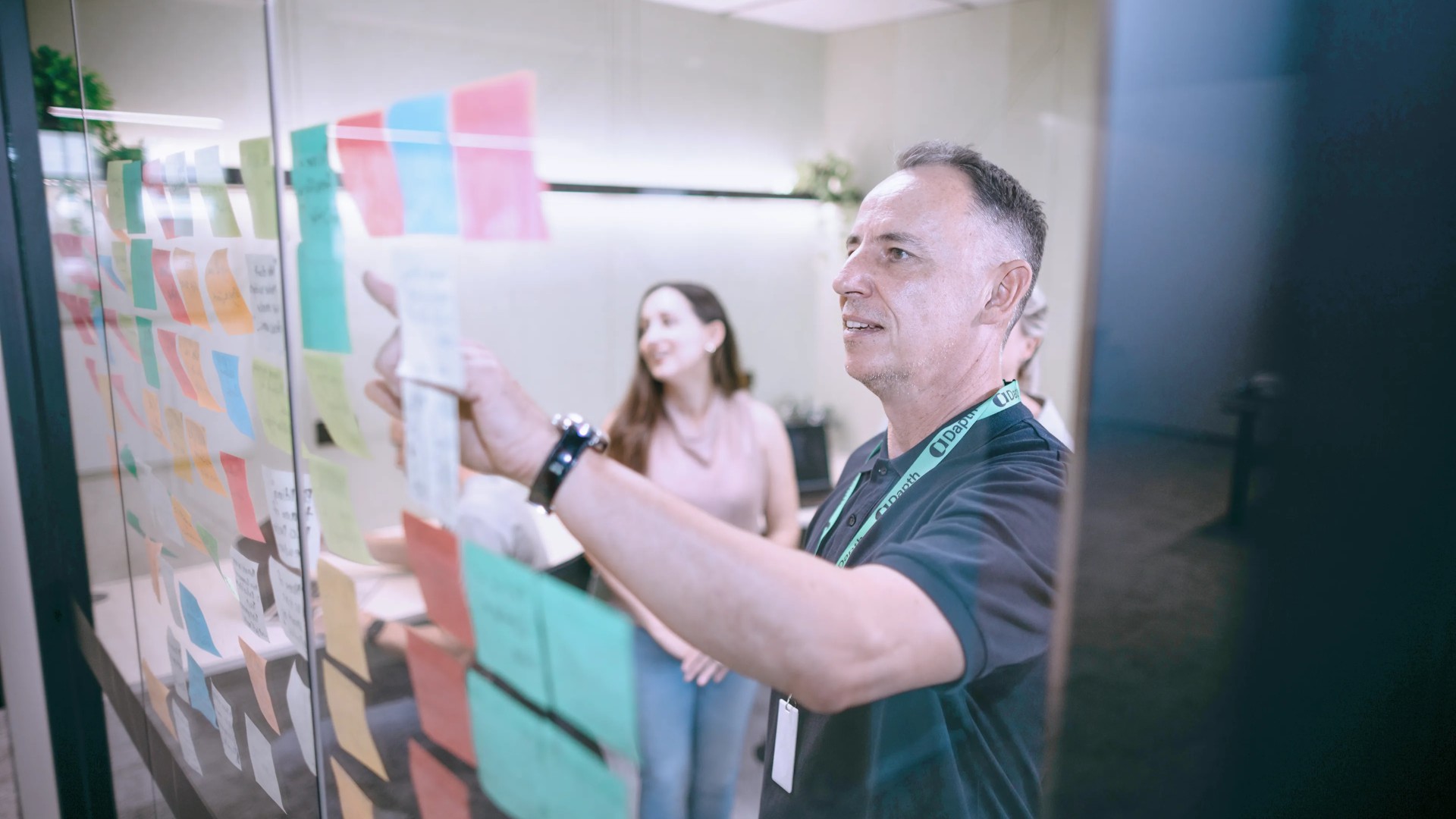
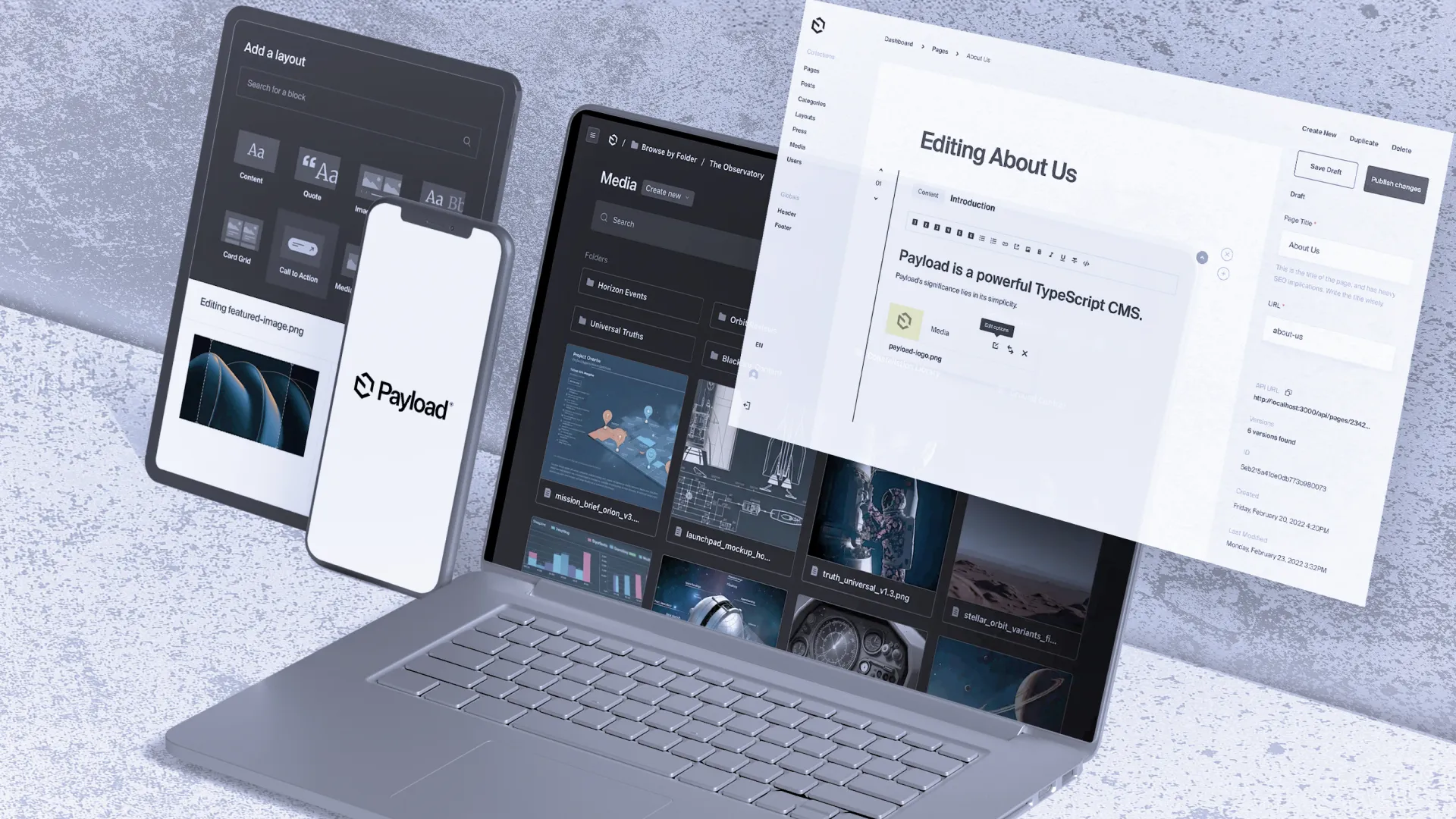

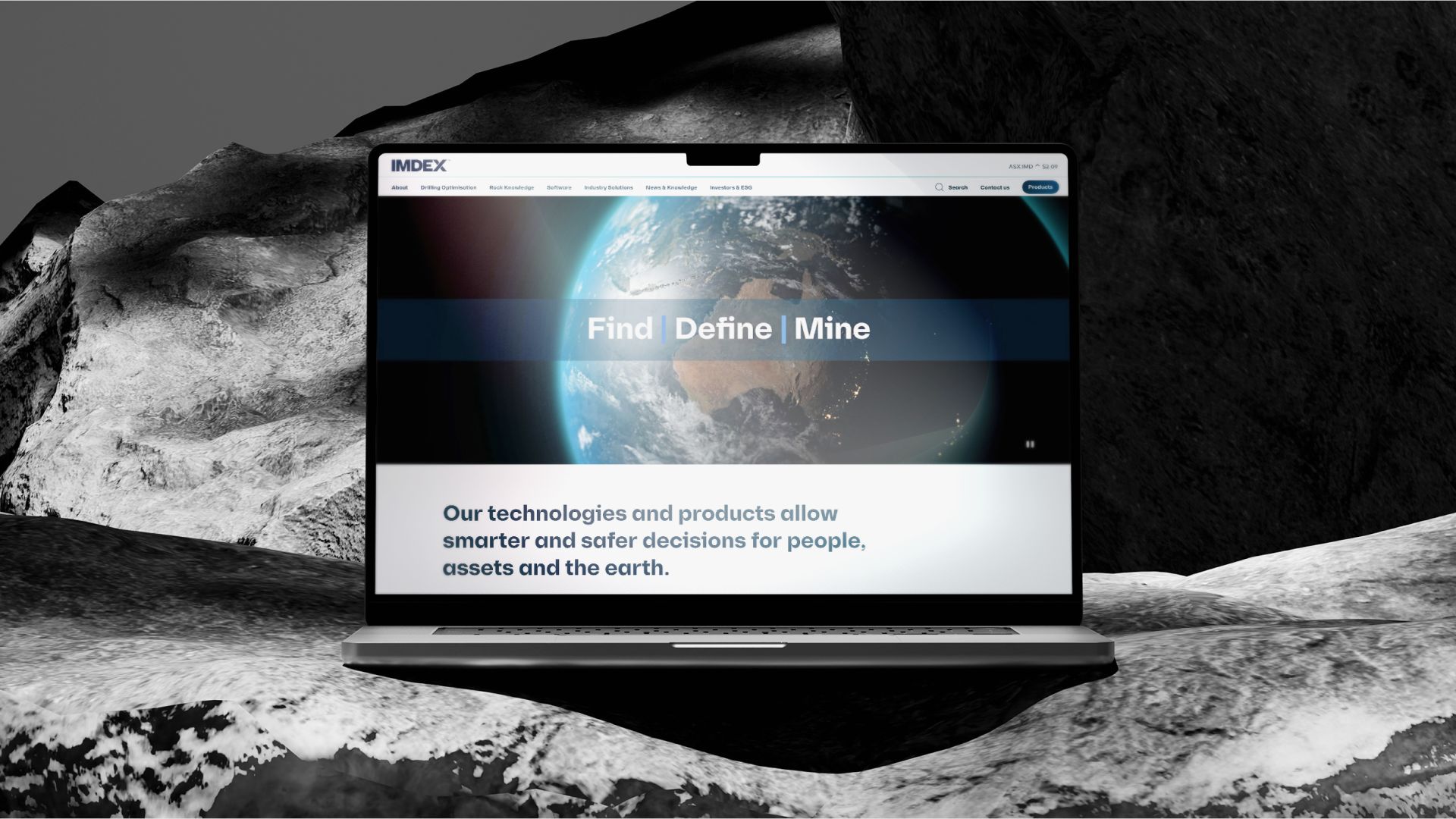
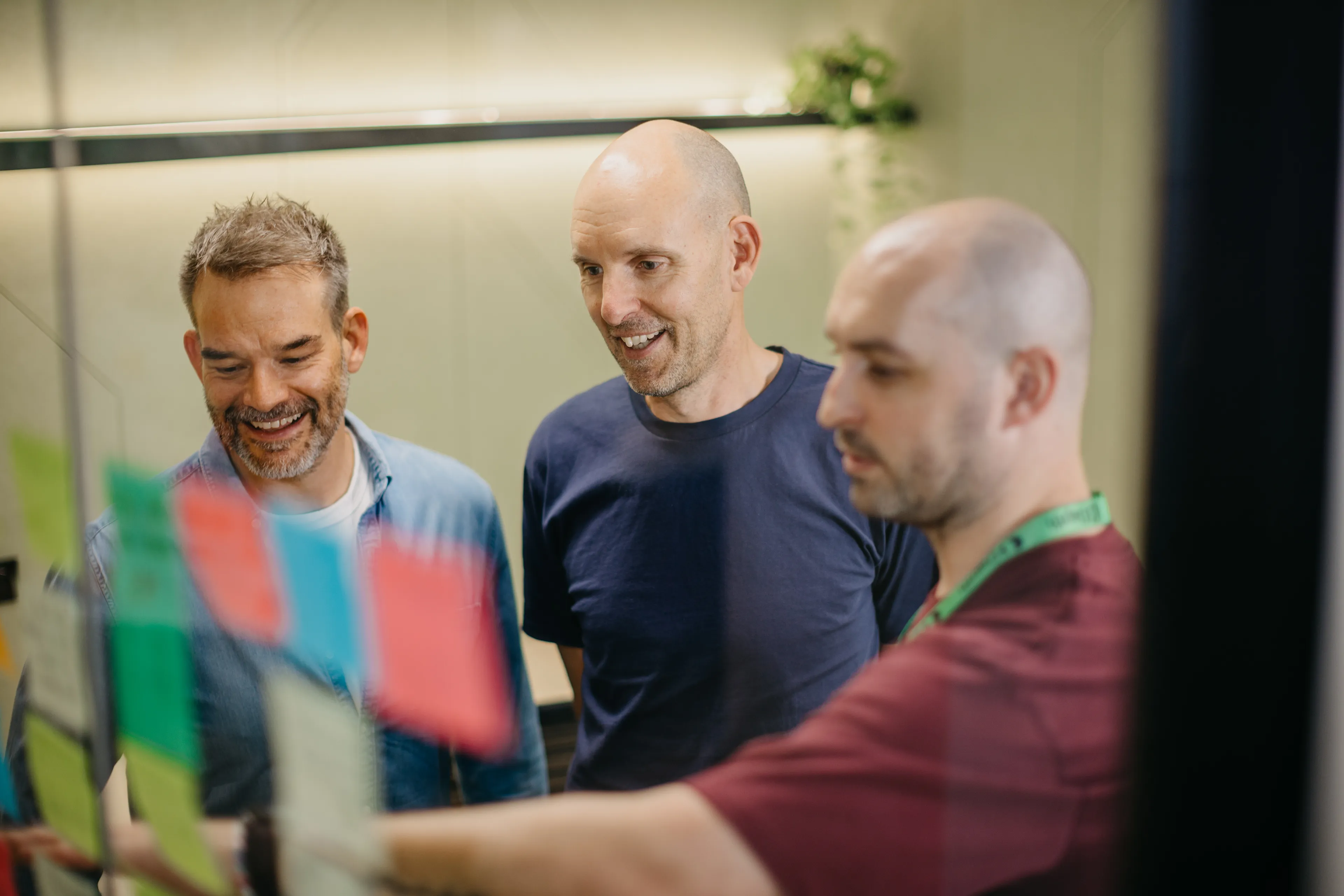_web.webp)

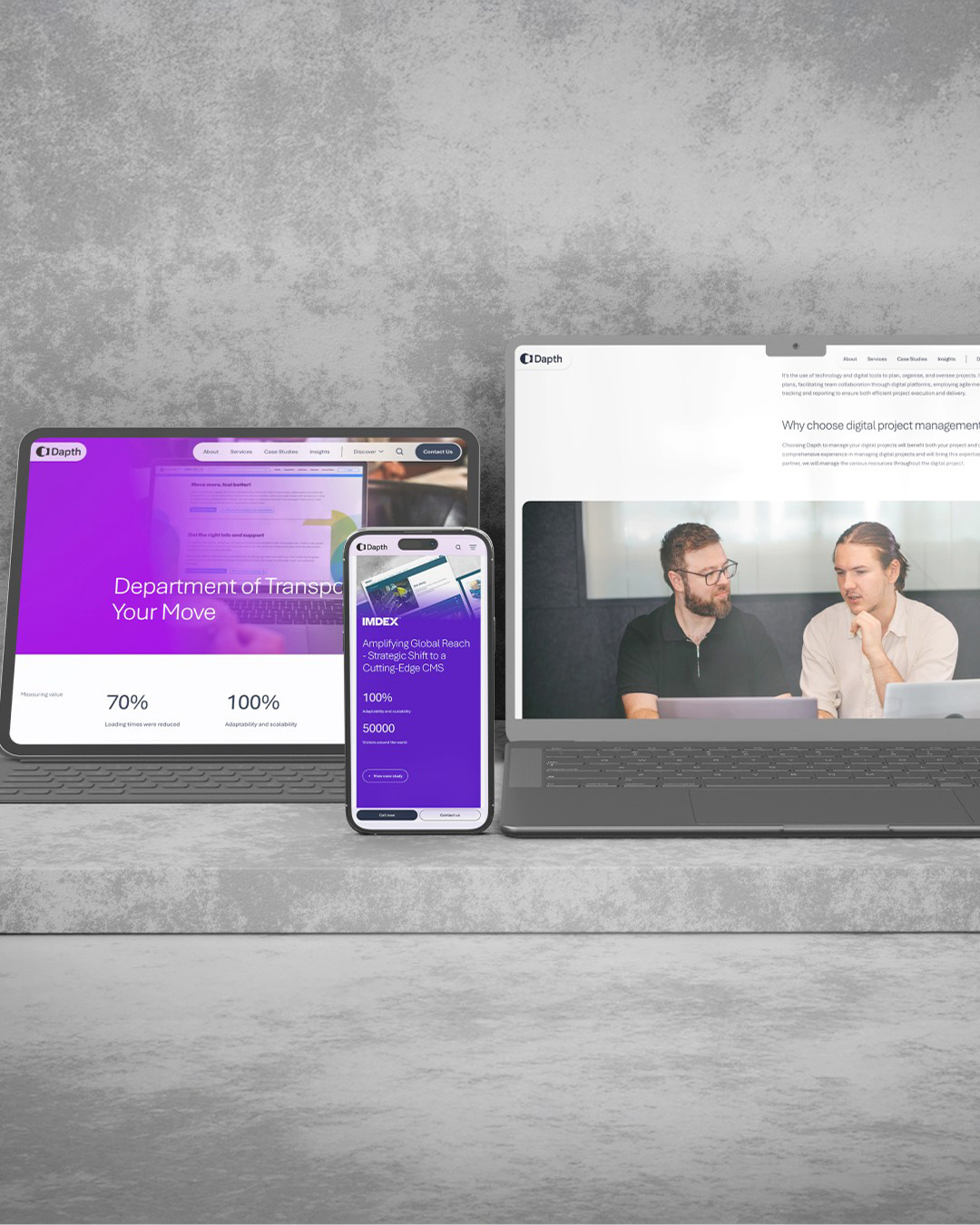































_web.webp)
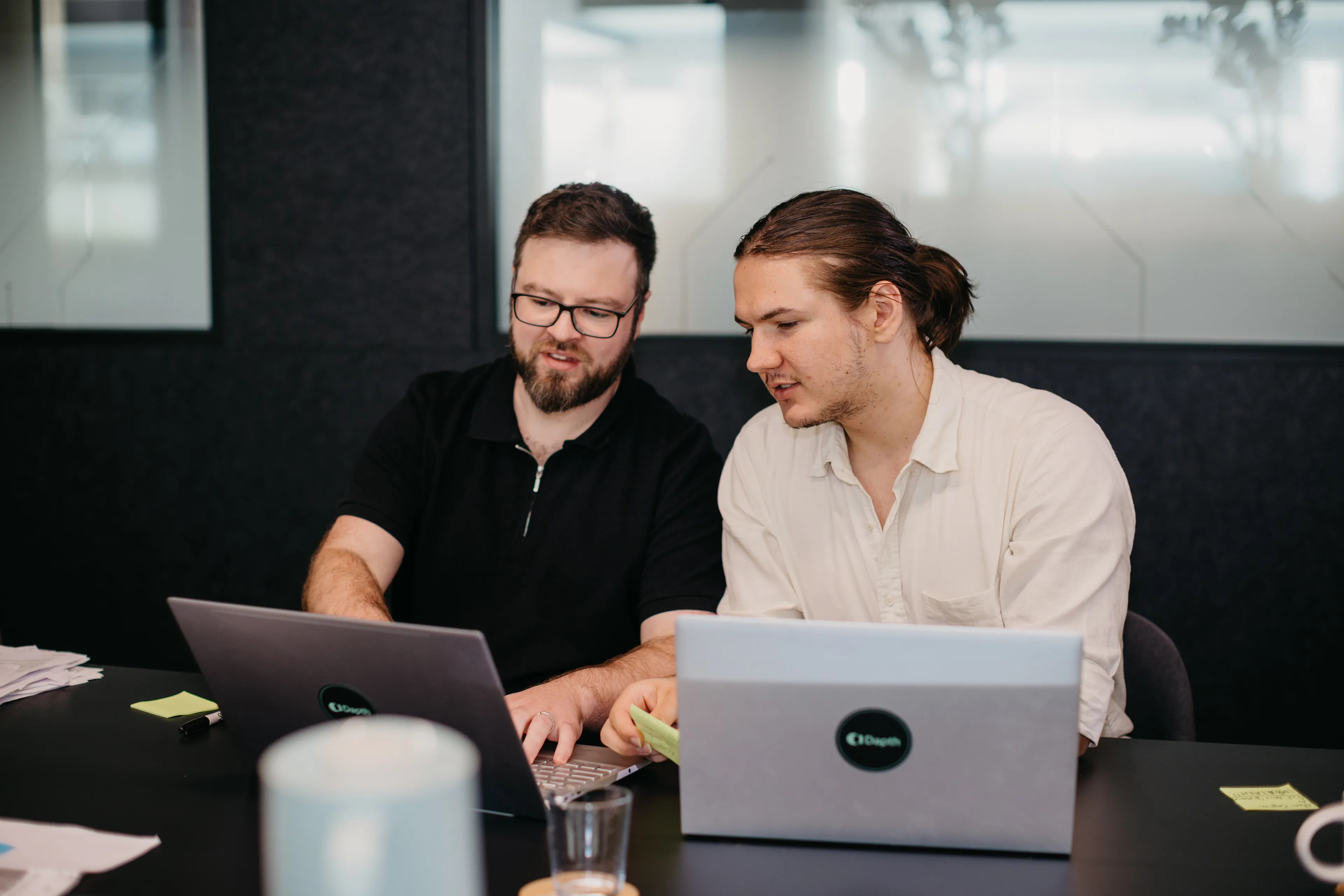_web.webp)
_web.webp)





_web.webp)







